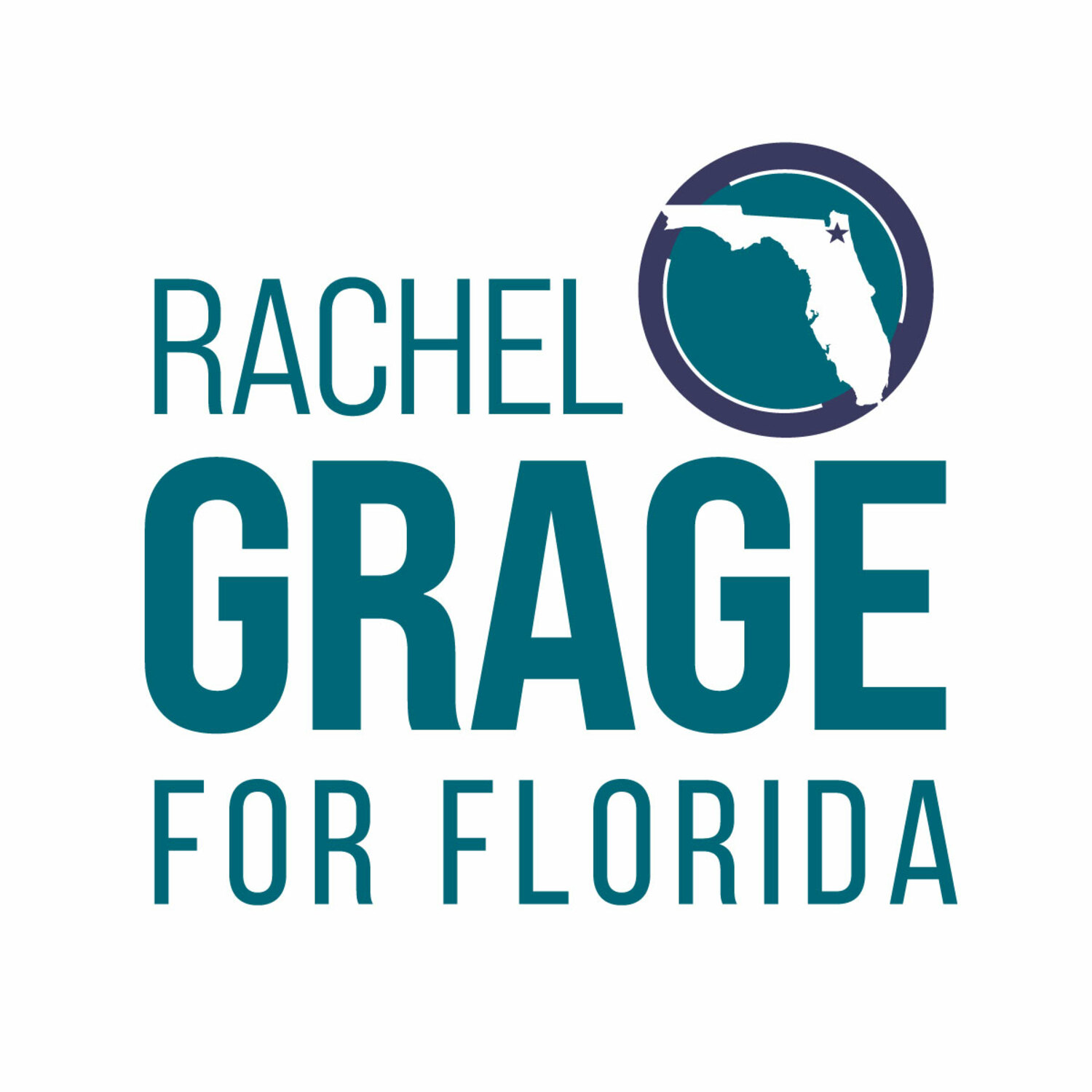
Florida Legislative Update: Week ending 04/19/25
Two Days in Tallahassee: What I Saw, What I Said, and Why It Matters
April 15–16, 2025 |
I just returned from two whirlwind days in Tallahassee where I sat in on floor sessions, committee meetings, and gave a presentation on mid-session priorities. And honestly? It was equal parts inspiring, frustrating, and sobering.
The halls of the Capitol were buzzing with activity. While it was great to see so many advocates and community leaders showing up, it was also hard to sit through vote after vote that chipped away at the rights and well-being of everyday Floridians — especially our kids, workers, educators, and families just trying to get by.
Here’s a recap of what went down.
April 15 – Full House and Senate Floor Sessions
Some of these bills read like satire, but sadly, they’re real — and they passed.
HB 1157 makes it even harder to access unemployment benefits in Florida. This is framed as a way to stop fraud, but what it really does is make life more difficult for people who are already struggling.
HB 6025 lets people carry firearms during declared states of emergency. Because what we really need during a hurricane or civil crisis… is more guns?
SB 700 is a two-for-one disaster:
-
It bans fluoride in Florida’s drinking water, flying in the face of decades of public health science.
-
And it bans labeling plant-based products as “meat” or “milk,” even though most consumers already know what almond milk is. This hurts small businesses and stifles innovation — all in the name of government overreach.
But it wasn’t all bad news. One bright spot:
HB 1553, a bipartisan bill that funds research into uterine fibroids, passed. It’s rare to see women’s health — especially conditions that disproportionately affect Black women — get attention in the legislature. That one felt like a win.
April 16 – House Education & Employment Committee
Today was all about committees, and I was in the room for some truly head-spinning debates. Here's what was on the docket:
HB 1539 – The "Pornographic Material" Ban in Schools
This bill removes the requirement that school books and materials be judged by their artistic, historical, or educational value before being banned.
I waived in opposition, because while I understand the concern about truly inappropriate content, this bill creates an impossible standard — and opens the door for even more censorship.
It’s another slap in the face to educators, who already have processes for reviewing materials. They don’t need more vague laws. They need support and respect.
HB 1225 – Letting Kids Work the Late Shift
This bill would let 15- and 16-year-olds work late at night — without parental consent. I rose in opposition and gave the following statement:
“This bill would allow children as young as 16 to work late into the night—without even requiring parental consent. That’s not just irresponsible—it’s hypocritical.
At the same time this legislature is considering letting kids work long night shifts, it’s also pushing HB 1505, which would restrict their access to birth control and STI treatment. And HB 1538 would deny them the right to choose which books they read in school.
So let me get this straight: A teenager can work alone at a gas station at 11 p.m., but they can’t read what they want or get birth control without jumping through hoops?
This isn’t about protecting kids. It’s about exploiting them when it’s convenient — and controlling them when it’s not.”
That about sums it up.
HB 1223 – The “Baby Olivia” Bill
This one originally included a medically inaccurate animated video intended to be shown in sex ed classes. Thankfully, that part was removed, and parents will be able to opt their kids out of receiving the materials. It’s still not great, but it could have been worse.
A Few Other Notes
I also tried to get an appointment with House Speaker Danny Perez, but to no avail. I had hoped to ask him directly about the insurance report scandal the Tampa Bay Times broke in February — the one where the House reportedly sat on a long-awaited report about Florida’s insurance crisis for months. I wanted to ask him if he intends to pursue it, and whether we’ll ever see any kind of meaningful legislation to help Floridians drowning in premiums — but I didn’t get the chance.
Final Thoughts
We’ve got a legislature that says it’s “protecting kids” — but then lets them work dangerous jobs at night without permission. That says it’s fighting “government overreach” — but then bans almond milk from being labeled as milk. That wants “parental rights” — unless those rights involve making decisions about your kid’s access to books, healthcare, or birth control.
This is why we show up. This is why we speak out. And this is why I do this work.
If you’d like a shareable version of this report, or a slide deck of my mid-session talk, I’m happy to send it your way.
Let’s keep fighting. The future is still worth it.

